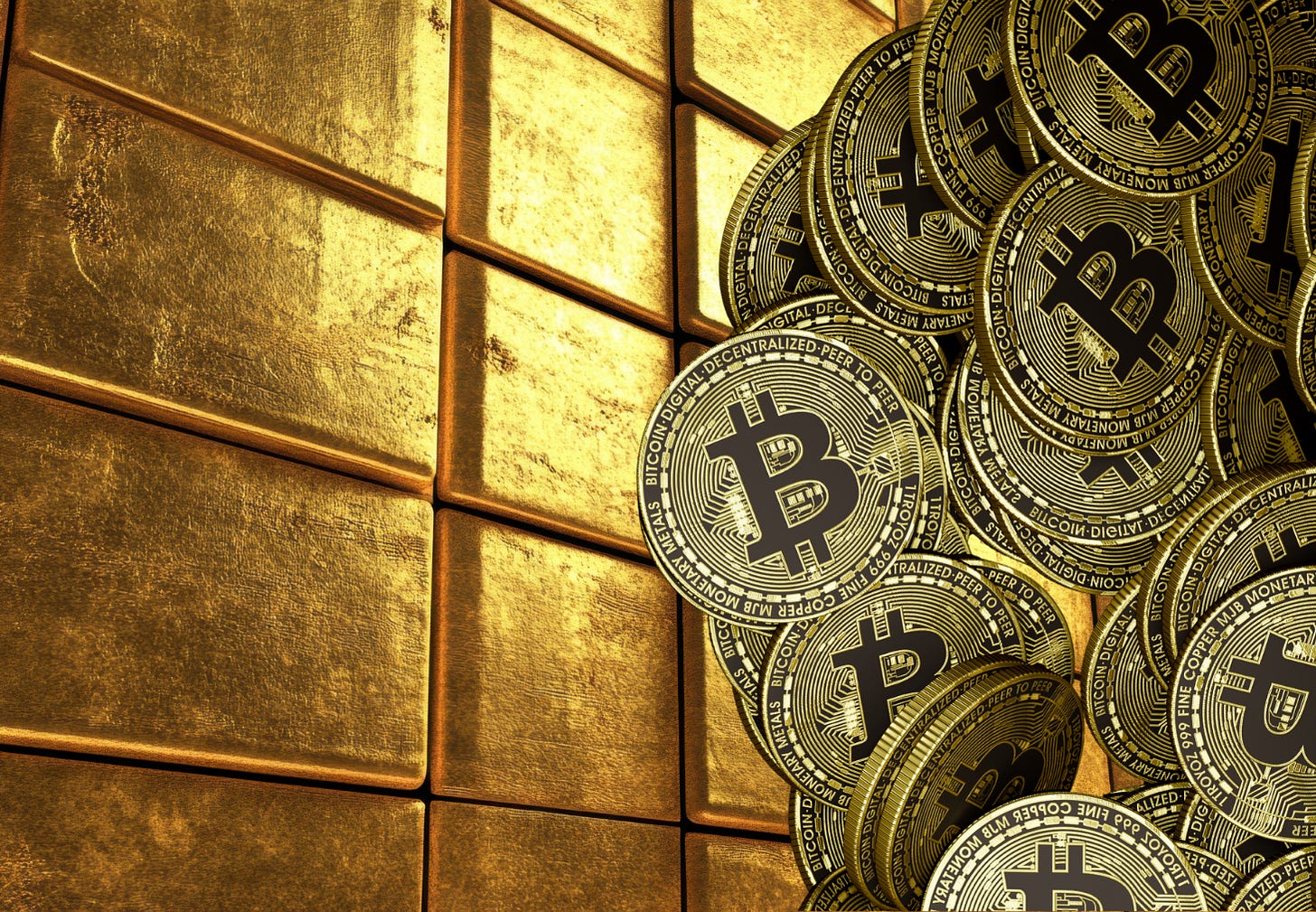Bitcoin: a global reserve asset
Why Bitcoin is becoming a global reserve asset and a way to drive real economy
I try to explain why I believe Bitcoin will become the global reserve asset and an ethical method to pay and being paid, preserving all the value inside the real economy without the need of banks.
Bitcoin’s Role and Macroeconomic Shift
Bitcoin doesn’t need governments institutions or even you. But you, institutions and governments all need Bitcoin. Bitcoin is an unstoppable technology destined to push humanity forward. People own Bitcoin because it is apolitical and has succeeded regardless of government actions, not because of what any political leader says or tweets. Government actions or words are just noise for Bitcoin.
The current macroeconomic situation can be seen as the most fascinating time of our era and a monetary regime change. I am quite sure that US dollar will not remain as the world reserve currency. If the dollar continues on its path, debt will explode, and Bitcoin will become the global reserve currency.
As the world reserve currency issuer, the United States has the most debt and runs the largest fiscal deficits, suggesting it will inevitably develop an interest in transitioning away from that status and stockpiling a world reserve asset.
Institutional Demand and the End of Traditional Portfolios
There is a significant institutional demand for Bitcoin and we can see it every day.
People having wealth to store, are now seeking real returns, real balance sheets, and real growth, leading them to Bitcoin, which is compounding at 60% a year. Adopting Bitcoin requires humbling oneself and realizing that “this thing is bigger than all of us”. Bitcoin is the safest place to store one’s work because it is bound to the physical realities of the universe and is impossible to produce more of, making it the hardest money ever conceived. About these assumptions, please give a look to my previous contents about time and energy aspects of Bitcoin.
Bitcoin has officially entered its hyper adoption phase. This phase is characterized by scarcity becoming the driver of value, leading to a potential supply-driven price breakout compared to US dollar.
Focus on Utility and the Hodler’s Dilemma
There is the “hodler’s dilemma”. This dilemma arises because Bitcoiners, who have amassed wealth in the scarce asset, still need liquidity for life expenses (like marriage, travel, or buying a house or car, etc) but do not want to sell their holdings.
On the other hand we need Bitcoin even to transact in day-to-day spending, in such a way that it may circulate in real economy, dragging away wealth from banking powers and give it to people who produce value inside the real economy.
The real economy without banks
Bitcoin, combined with the Lightning Network, is no longer just a store of value — it’s becoming a tool for everyday payments. Thanks to Lightning’s instant and low-cost transactions, people can now send and receive Bitcoin as easily as sending a message. This opens the door to an entirely new kind of economy — one that operates fully outside the traditional banking system.
In this emerging model, value flows directly between individuals and businesses. A freelancer can receive Bitcoin instantly for their work. A café can accept Lightning payments for a coffee without paying fees to payment processors or banks. Merchants and consumers transact peer-to-peer, in real time, with global reach and without permission from any centralized entity.
Such an economy keeps wealth circulating within the real economy — the network of people actually creating value — instead of being locked into financial intermediaries that extract fees and inflate the money supply. As more people start accepting Bitcoin for their products and services, money returns to its natural role: a medium of exchange directly connecting producers and consumers.
Bitcoin with Lightning is not just a payment innovation; it’s a path toward economic sovereignty. It empowers individuals to earn, spend, and save in a system built on open protocols, not banks — where value flows freely and wealth stays in the hands of those who create it.


